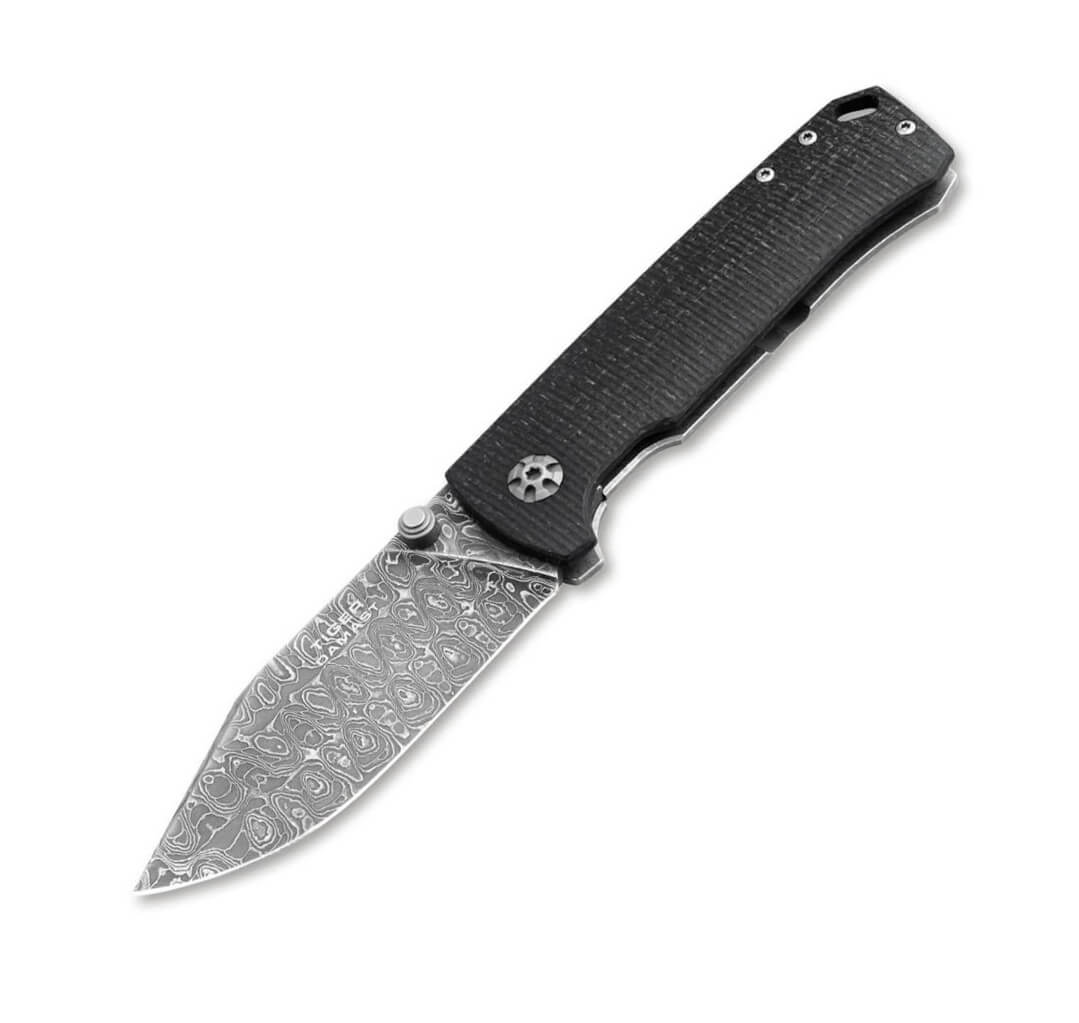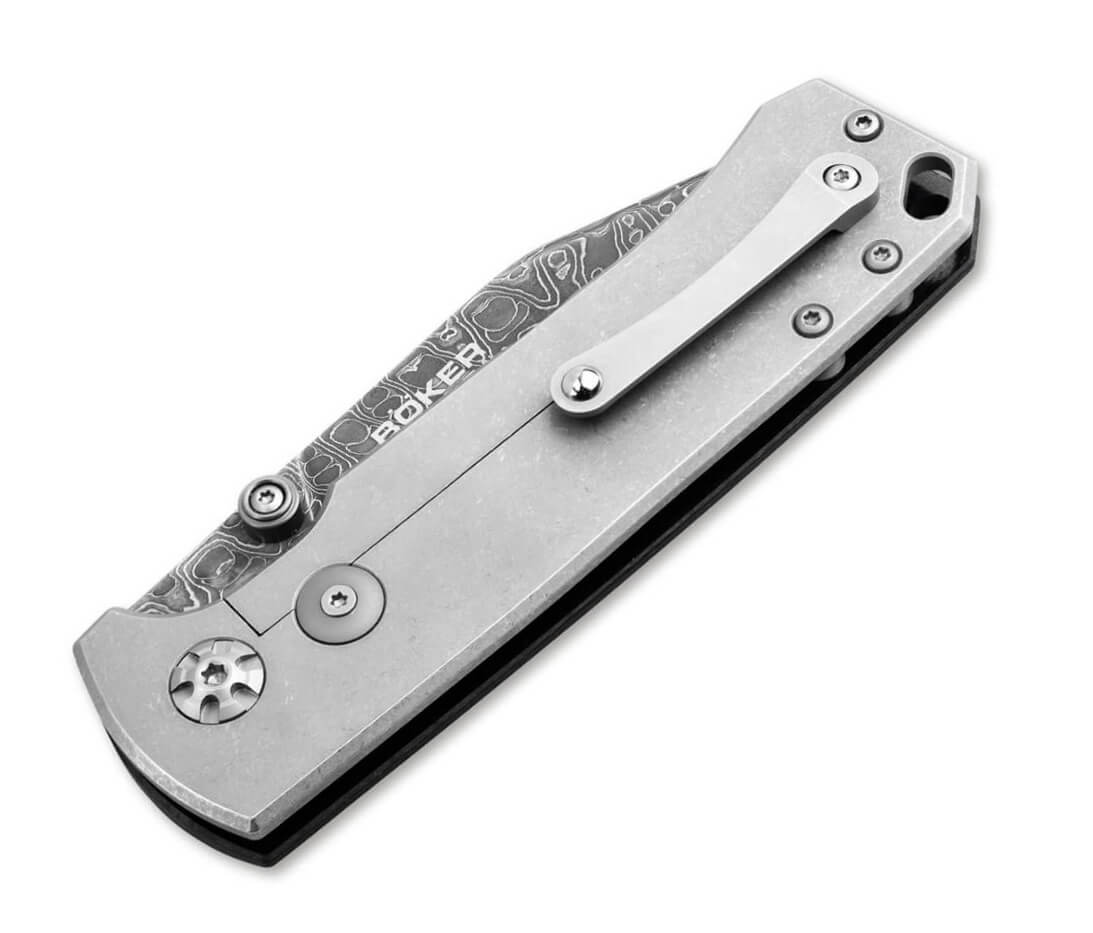FREE SHIPPING FROM 80 € IN IRELAND
Discount 10%, 13% and 16%
- SHARPENERS
- AIRSOFT
- ARCS
- ARMS
- CAMPING AND SURVIVAL
- HUNTING AND OBSERVATION
- COSAS
- PROFESSIONAL KNIVES
- HUNTING KNIVES
- LUXURY KNIVES
- HUNTING KNIVES
- SWORDS
- EXHIBITORS
- KEYCHAINS AND PINS
- MACHETES
- KITCHEN-UTENSILS
- MULTIPURPOSE
-
POCKETKNIVES
- FAN
- SHAVE
- FARMER POCKET KNIVES
- ARTISANS
- CABRITERA POCKET KNIVES
- FIELDS
- CLASSIC SPAIN
- COLLECTION
- SHORT MUSHROOMS
- DAMASCUS
- DWARFS GIANTS
- STYLET
- GRAFTING POCKET KNIVES
- LAGUIOLE
- SAILORS POCKET KNIVES
- CUT TIP POCKET KNIVES
- TRANCHETES
- VENDETTA
- BUSHCRAFT
- HUNTING
- SHEATHES
- MILITARY
- MOUNTAIN
- SPORTS
- TACTICAL
- POCKETKNIVES CLASSIC SPAIN
- OBJECTS PERSONAL
- OTHERS
- SCISSORS
- VARIUOS
- 3 CLAVELES
- ACERO TOLEDANO
- AGEO
- AITOR
- AMONT
- ARCOS
- ATK
- AZERO
- BARBARIC
- BEAVERCRAFT
- BENCHMADE
- BLACK FOX
- BOKER
- BRISA
- BUCK
- BUNMEI
- CELAYA
- CITADEL
- COLD STEEL
- CRKT
- CROSSNAR
- CUDEMAN
- DENIX
- DMT
- DON BENITO
- DOVO HEROLD
- EXPOSITO
- EXTREMA RATIO
- EXTREMEÑA
- FAMACU
- FILARMONICA
- FOX MILITARY
- GAMO
- GERBER
- GK PROFESSIONAL
- GLADIUS
- GLOBAL
- GOLDEN EAGLE
- HATSAN
- HELLE
- HERBERTZ
- ISIDRO ARTESANO
- JJ CUCHILLERIA
- JKR
- JL RUBIO
- JOKER
- JV CDA
- K25
- KABAR
- KAI
- KASUMI
- KERSHAW
- KOLSER
- KYOCERA
- LEATHERMAN
- LES FINES LAMES
- MACTRONIC
- MAGNUM
- MAM
- MARTINEZ ALBAINOX
- MARTINEZ Y GASCON
- MARTO
- MARTTIINI
- MASTODON
- MECHANIX WEAR
- MORAKNIV
- MUELA
- NIETO
- NJORD
- OPINEL
- PALLARES
- PELTONEN
- POMONI
- PUMA
- RADAR 1957
- RUI
- SALAMANDRA
- SILKY
- SMITH WESSON
- SOG
- SPYDERCO
- STANLEY
- SWIZA
- SWORDS FROM TOLEDO
- THIRD
- TOLEDO IMPERIAL
- UST
- VICTORINOX
- WINDLASS
- WITHARMOUR
- WOLL
- WUSTHOF
- SHARPENERS
- AIRSOFT
- ARCS
- ARMS
- CAMPING AND SURVIVAL
- HUNTING AND OBSERVATION
- PROFESSIONAL KNIVES
- HUNTING KNIVES
- LUXURY KNIVES
- HUNTING KNIVES
- SWORDS
- EXHIBITORS
- KEYCHAINS AND PINS
- MACHETES
- KITCHEN-UTENSILS
- MULTIPURPOSE
-
POCKETKNIVES
- FAN
- SHAVE
- FARMER POCKET KNIVES
- ARTISANS
- CABRITERA POCKET KNIVES
- FIELDS
- CLASSIC SPAIN
- COLLECTION
- SHORT MUSHROOMS
- DAMASCUS
- DWARFS GIANTS
- STYLET
- GRAFTING POCKET KNIVES
- LAGUIOLE
- SAILORS POCKET KNIVES
- CUT TIP POCKET KNIVES
- TRANCHETES
- VENDETTA
- BUSHCRAFT
- HUNTING
- SHEATHES
- MILITARY
- MOUNTAIN
- SPORTS
- TACTICAL
- POCKETKNIVES CLASSIC SPAIN
- OBJECTS PERSONAL
- SCISSORS
- VARIUOS
- 3 CLAVELES
- ACERO TOLEDANO
- AGEO
- AITOR
- AMONT
- ARCOS
- ATK
- AZERO
- BARBARIC
- BEAVERCRAFT
- BENCHMADE
- BLACK FOX
- BOKER
- BRISA
- BUCK
- BUNMEI
- CELAYA
- CITADEL
- COLD STEEL
- CRKT
- CROSSNAR
- CUDEMAN
- DENIX
- DMT
- DON BENITO
- DOVO HEROLD
- EXPOSITO
- EXTREMA RATIO
- EXTREMEÑA
- FAMACU
- FILARMONICA
- FOX MILITARY
- GAMO
- GERBER
- GK PROFESSIONAL
- GLADIUS
- GLOBAL
- GOLDEN EAGLE
- HATSAN
- HELLE
- HERBERTZ
- ISIDRO ARTESANO
- JJ CUCHILLERIA
- JKR
- JL RUBIO
- JOKER
- JV CDA
- K25
- KABAR
- KAI
- KASUMI
- KERSHAW
- KOLSER
- KYOCERA
- LEATHERMAN
- LES FINES LAMES
- MACTRONIC
- MAGNUM
- MAM
- MARTINEZ ALBAINOX
- MARTINEZ Y GASCON
- MARTO
- MARTTIINI
- MASTODON
- MECHANIX WEAR
- MORAKNIV
- MUELA
- NIETO
- NJORD
- OPINEL
- PALLARES
- PELTONEN
- POMONI
- PUMA
- RADAR 1957
- RUI
- SALAMANDRA
- SILKY
- SMITH WESSON
- SOG
- SPYDERCO
- STANLEY
- SWIZA
- SWORDS FROM TOLEDO
- THIRD
- TOLEDO IMPERIAL
- UST
- VICTORINOX
- WINDLASS
- WITHARMOUR
- WOLL
- WUSTHOF
Boker Tiger collection knife with damascus steel blade and micarta handle
Boker Tiger pocket knife. A collector's knife with a 8.5 cm Damascus steel blade, with framelock.
Collection: BOKER TIGER DAMAST POCKET KNIFE
Laser engraving +€6
Logo engraving +6€
Böker Tiger Damast steel pocket knife
The Boker Tiger Damascus is a very special knife model steeped in history, combining craftsmanship with living history.
The Boker Tiger Damascus is made with a unique damascus blade made from the steel of the Panzerkampfwagen IV tank destroyed in Bauska*, the pattern on the blade was forged by Chad Nichols with the intrepid pattern that recalls the armor left on the ground by the footprints of the tiger, this damask is not forged in layers, but the mosaic is forged by hand in a complex process.
The blade has a thumb bolt and opens with a ball bearing system, includes a frame lock, made of a resistant steel with a stone washed finish.
The shape of the blade pays homage to the lines of the tank, and the decorative pivot bolt on the blade is modeled after the sprocket.
The jute micarta scales have milled grooves reminiscent of the surface structure of the Zimmerit coating on German armored vehicles.
With hole for lanyard and clip (tip up) milled with steel ball.
Handmade in the Boker knife factory in Solingen. Delivered with elegant floating screen, certificate of authenticity and individual serial number.
- Overall length: 20cm
- Blade length: 8.50 cm
- Blade thickness: 3.90 mm
- Weight: 139g
- Blade Material: Damascus
- Handle Material: Micarta
- Opening Help: Thumbpin
- Lock: Framelock
- Manufactured in: Solingen
* The Panzerkampfwagen VI (The Tiger), used by the Wehrmacht since the late summer of 1942, is one of the most famous tanks in history. Currently, there are only seven surviving specimens, and they are on display all over the world. Parts of the Tiger I of the 502nd heavy tank division, which was destroyed in action in Latvia in the summer of 1944 in a wooded area near the town of Bauska, are used for the manufacture of this knife.










